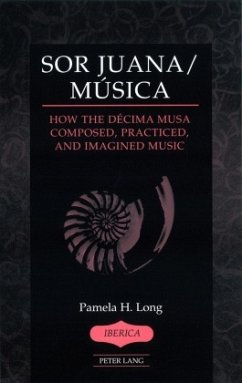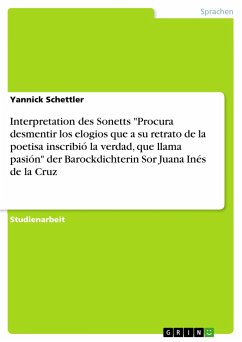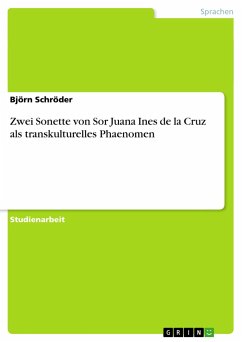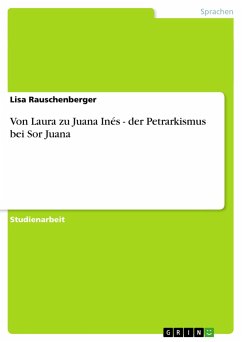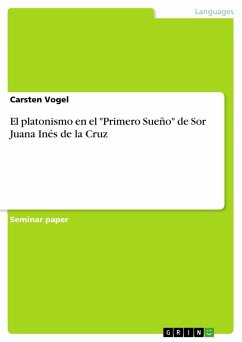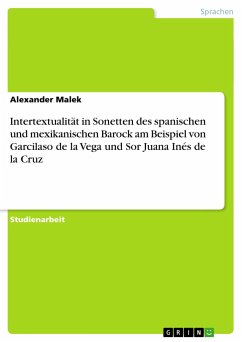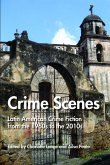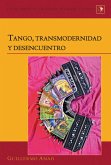In her lost treatise on music which she titled El caracol, Sor Juana Inés de la Cruz addressed the image of the spiral as a metaphor for musical harmony, an image which she distilled in one of her romances. Singing in the choir of the Templo de San Jerónimo, Sor Juana and the other nuns of her convent were raising the tone of their musica humana to be in accord with the music of the heavenly choirs, which the nuns were imitating in their singing. Octavio Paz theorizes a «triple interés» in music in Sor Juana's works: «práctico, teórico, filósofico». Numerous poems allude to the theoretical and philosophical problems of music, resulting in many levels of metaphor and metonym concerning music, especially in the loas and villancicos. Not only does Sor Juana's work address the metaphysical aspects of music, the musica speculative so popular in the sixteenth and seventeenth centuries, but it broaches important questions on the practical applications of new theories of musical harmony:the musica practica. A talented poet, playwright, scientist, and mathematician, Sor Juana also explored musical instruments and theory. Sor Juana/Música investigates the musical aspects of Sor Juana's literary achievements, exploring the dense metaphorical interplay of musical and literary images, and places her works within the musicological ambience of her time. With its interdisciplinary approach, Sor Juana/Música contributes not only to the understanding of Sor Juana's literary works, but also to the degree that literature underpins the other arts as it illuminates the musicological times in which she lived.

